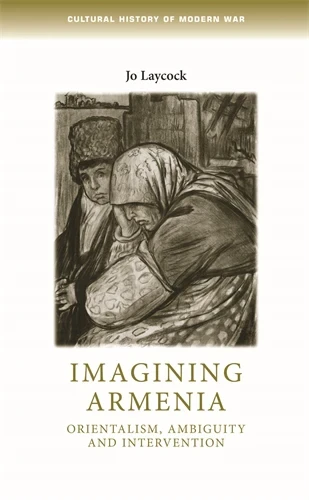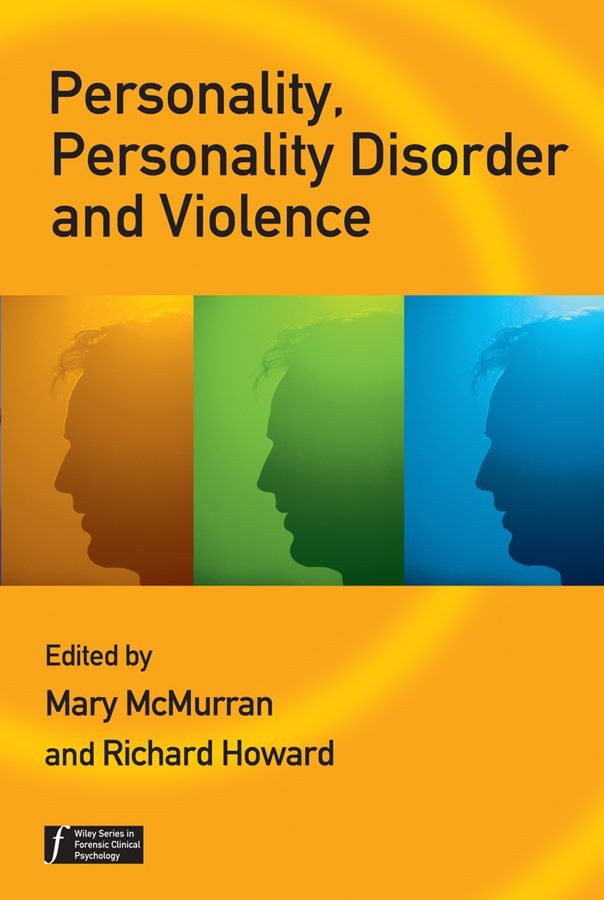
Imagining Armenia
Smartfox Books Code: PR10399
$227.00 NZD
Approx $138.37 USD
Approx $138.37 USD
Description:
This book examines how Armenia and Armenians were portrayed in Britain at a decisive moment in modern history.
It illustrates how British observers represented the 'in-between' position of Armenians and considers the early development of atrocity narratives which related acts of violence and oppression by the Ottomans. It goes on to examine responses to the massacres of the Armenians during the First World War, showing how established images of Armenians were transformed in the wake of this crisis. Laycock then turns to the post-war period when attempts were made to define and establish an independent Armenian nation state in the midst of international efforts to provide for the relief and resettlement of Armenian refugees. The book ends with the long-term implications that British and international 'abandonment' of the Armenians had for their subsequent place in public memory.
This book will be of interest to scholars modern British history, Armenian history and wider issues within European studies -- .
This book examines how Armenia and Armenians were portrayed in Britain at a decisive moment in modern history.
It illustrates how British observers represented the 'in-between' position of Armenians and considers the early development of atrocity narratives which related acts of violence and oppression by the Ottomans. It goes on to examine responses to the massacres of the Armenians during the First World War, showing how established images of Armenians were transformed in the wake of this crisis. Laycock then turns to the post-war period when attempts were made to define and establish an independent Armenian nation state in the midst of international efforts to provide for the relief and resettlement of Armenian refugees. The book ends with the long-term implications that British and international 'abandonment' of the Armenians had for their subsequent place in public memory.
This book will be of interest to scholars modern British history, Armenian history and wider issues within European studies -- .
The product may be provided by a different brand of comparable quality.
The actual product may vary slightly from the image shown.
Shop amazing plants at The Node – a top destination for plant lovers



.jpg)








.jpg)









.jpg)





.jpeg)





.jpeg)



.jpeg)








.jpeg)



.jpeg)

.jpeg)

.jpeg)

.jpeg)




.jpeg)
.jpg)

.jpeg)






.jpeg)
.jpeg)




.jpeg)





.jpeg)


.jpeg)

.jpeg)

.jpeg)

.jpeg)







.jpeg)
.jpeg)
.jpeg)





.jpeg)



.jpeg)






.jpg)
.jpeg)









.jpg)


ulva-Logo.jpg)




.jpeg)



.png)















.png)























